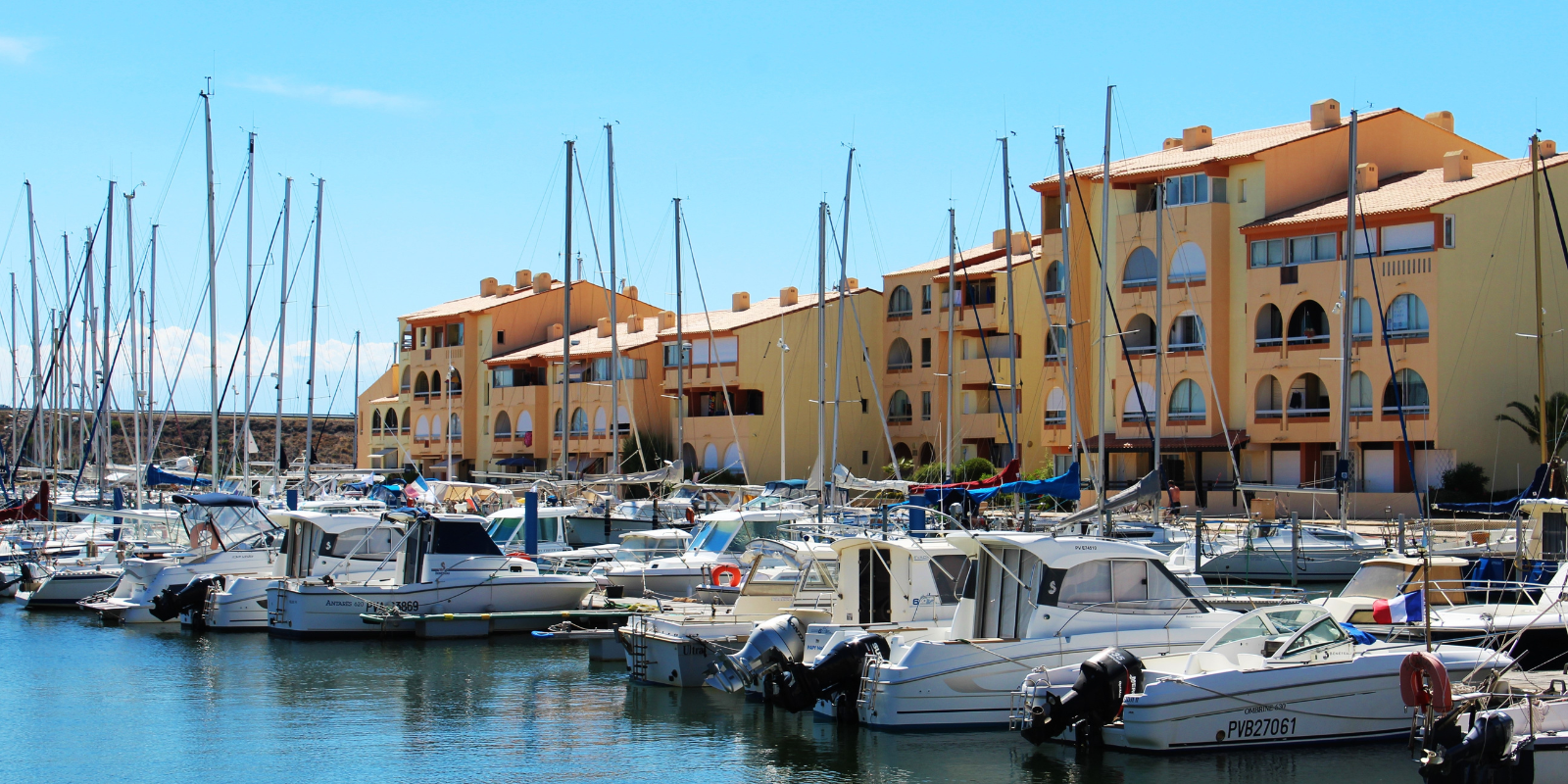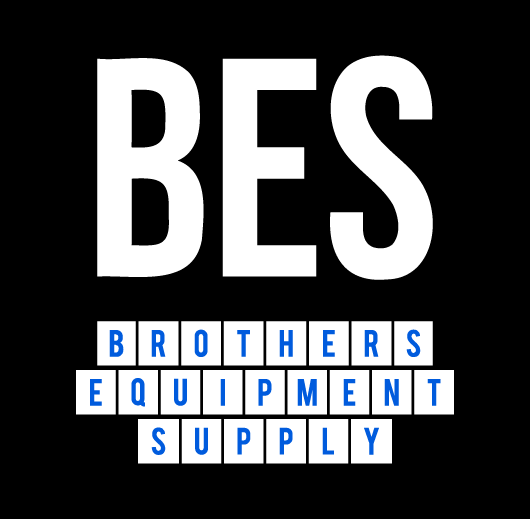
The Importance of Dehumidifiers for Boat Owners: Protecting Your Vessel from Excess Moisture
The Importance of Dehumidifiers for Boat Owners: Protecting Your Vessel from Excess Moisture
By: Brothers Equipment And Supply
Picture this: you’re out on the open water, enjoying a beautiful day of boating.
But lurking beneath the surface lies a hidden danger that can wreak havoc on your vessel—excess humidity.
Boat owners often face challenges related to moisture, which can lead to mould, mildew, and damage to various components.
Thankfully, there’s a solution: dehumidifiers.
In this article, we’ll explore why boat owners need dehumidifiers and how these devices can protect your boat from the harmful effects of excess humidity.
The Impact of Excess Humidity on Boats

Excess humidity can be detrimental to your boat in more ways than one. The constant exposure to moisture can cause the hull to weaken over time, compromising its structural integrity.
Interior surfaces, such as cushions, carpets, and wooden fixtures, are also at risk of developing mold and mildew, leading to unpleasant odors and potential health hazards.
Furthermore, high humidity levels can corrode electrical systems, causing malfunctions and expensive repairs.
Benefits of Dehumidifiers for Boat Owners
Dehumidifiers play a vital role in maintaining a dry and comfortable environment on your boat. These devices effectively remove excess moisture from the air, reducing the risk of mould and mildew growth.
By controlling humidity levels, dehumidifiers help protect sensitive equipment, electronics, and furnishings from moisture-related damage.
They create an inhospitable environment for mold, ensuring a safe and pleasant boating experience for you and your passengers.
Types of Dehumidifiers for Boats
When it comes to selecting a dehumidifier for your boat, there are several options to consider. Portable dehumidifiers are versatile and can be easily moved around the vessel as needed. Compact models are perfect for boats with limited space.
Additionally, there are dehumidifiers specifically designed for marine environments, built to withstand the unique challenges of boating. Whichever type you choose, look for features like size, capacity, energy efficiency, and noise levels that align with your boat’s requirements.
Tips for Using Dehumidifiers on Boats
To maximize the effectiveness of your dehumidifier, proper usage is essential. Consider the placement of the device in areas prone to moisture accumulation, such as the bilge or cabins.
Regular maintenance, including emptying the water collection tank and cleaning the filters, ensures optimal performance. Monitoring humidity levels with a hygrometer allows you to adjust the settings for the desired comfort and protection.
Additional Strategies for Managing Humidity on Boats
While dehumidifiers are an excellent tool, they can be complemented by other strategies to manage humidity on your boat. Proper ventilation is crucial in preventing the buildup of moisture. Ensure that vents and hatches are open when conditions allow.
Adequate insulation helps maintain a consistent temperature, minimizing condensation. Additionally, moisture barriers, such as sealing gaps and using waterproof materials, can further safeguard your boat against humidity-related issues.
Conclusion
As a responsible boat owner, protecting your vessel from excess moisture should be a top priority. Dehumidifiers offer a practical and effective solution to combat the challenges posed by high humidity levels.
By investing in a quality dehumidifier and implementing additional strategies, such as ventilation and insulation, you can ensure a dry, comfortable, and mold-free environment onboard. Don’t let excess humidity dampen your boating experience—take proactive steps to preserve the integrity and longevity of your boat with the power of dehumidification.
Remember, a well-maintained and protected boat leads to safer and more enjoyable adventures on the water. So, don’t let excess humidity steer you off course—equip your boat with a reliable dehumidifier and sail with peace of mind.
FAQs
Do you need a dehumidifier on a boat?
It is highly recommended to have a dehumidifier on a boat, especially if you frequently experience high humidity levels or store your boat in a humid environment. A dehumidifier helps control moisture levels, preventing mold, mildew, and damage to various boat components.
Why would you need a dehumidifier?
A dehumidifier is essential on a boat to remove excess moisture from the air. It helps maintain a dry environment, preventing mold growth, protecting sensitive equipment, electronics, and furnishings, and ensuring a comfortable boating experience.
How does a boat dehumidifier work?
Boat dehumidifiers work by drawing in humid air, passing it over cooling coils, and condensing the moisture into water. The collected water is then drained, while the dehumidifier releases drier air back into the boat. This process reduces the overall humidity levels on the boat.
How do I keep moisture out of my boat storage?
To keep moisture out of your boat storage, ensure proper ventilation by opening vents and hatches whenever possible. Use moisture-absorbing products like desiccant bags or moisture absorbers. Consider using a dehumidifier specifically designed for storage areas to control humidity levels effectively.
What happens if you don’t use a dehumidifier?
If you don’t use a dehumidifier on your boat, excess moisture can accumulate, leading to mold, mildew, and potential damage to the boat’s structure, interior surfaces, and electrical systems. It can also create an uncomfortable and unhealthy environment.
What are the advantages and disadvantages of a dehumidifier?
The advantages of a dehumidifier include preventing mold growth, protecting the boat from moisture-related damage, improving air quality, and creating a comfortable environment. Disadvantages may include the initial cost of the device, maintenance requirements, and the need for an electrical power source.
Should you always run a dehumidifier?
It is not necessary to run a dehumidifier continuously. You can run it during periods of high humidity or when you notice excess moisture. However, it is important to follow the manufacturer’s instructions and guidelines for optimal usage.
Should a boat bilge be dry?
Ideally, a boat bilge should be as dry as possible. Regular maintenance and bilge pump usage can help keep the bilge area free from standing water, reducing the risk of moisture-related issues.
What is the best humidity level for a boat?
The best humidity level for a boat is typically between 40% and 50%. This range helps prevent excess moisture without being excessively dry.
How do I stop condensation on my boat in the winter?
To prevent condensation on your boat during winter, ensure proper ventilation by using vents, hatches, and fans. Use insulation to maintain a consistent temperature inside the boat. Consider using moisture-absorbing products
If you have any questions about our article “The Importance of Dehumidifiers for Boat Owners: Protecting Your Vessel from Excess Moisture” or want to buy a dehumidifier for your boat, feel free to chat with us in real-time on LiveChat or on social media.
